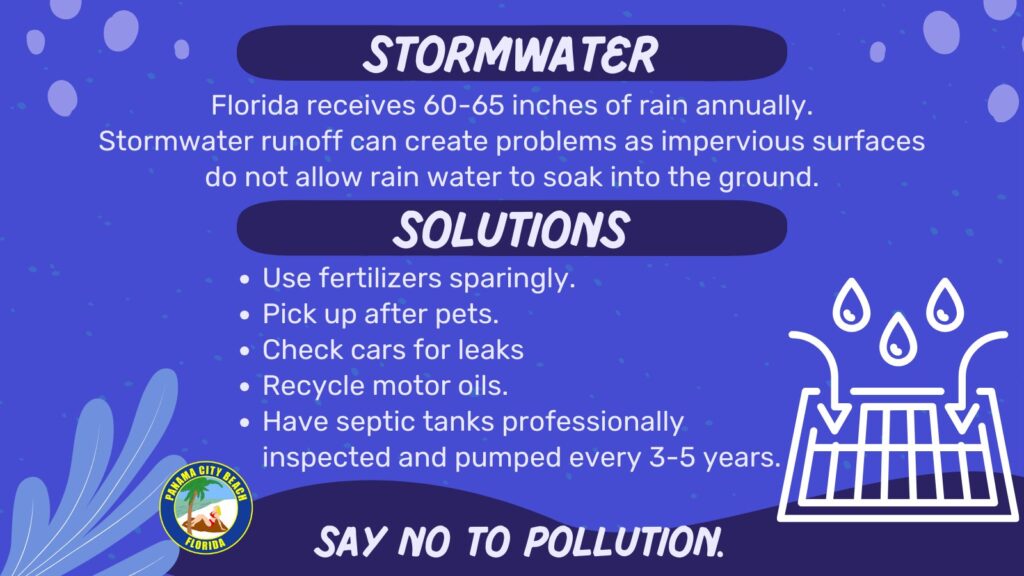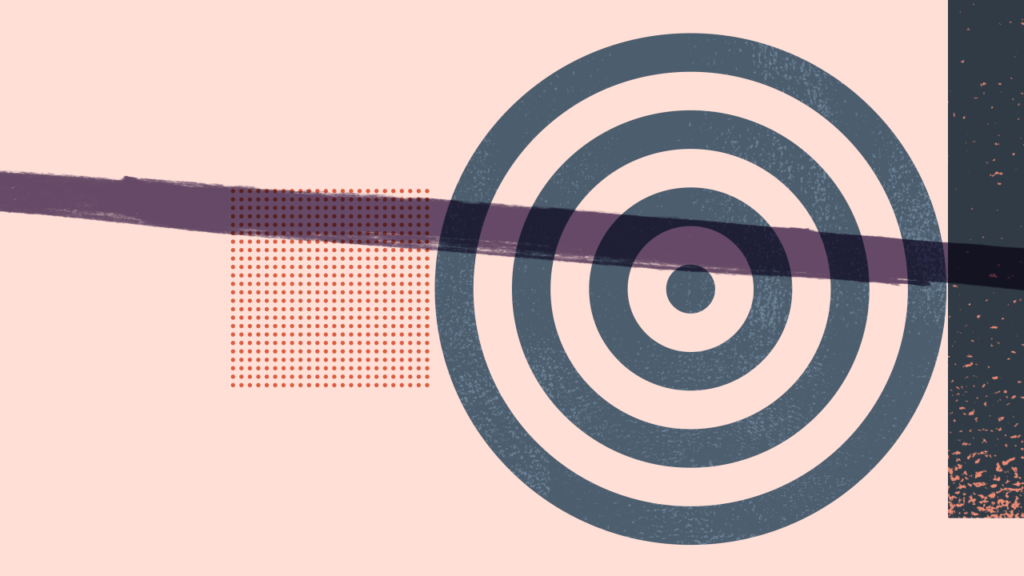Oil impacts people’s lives in various ways, both positively and negatively. On the positive side, oil is used to produce petroleum products that fuel transportation, heat homes, and create everyday items such as plastics and medicines.
These products make our lives easier and more convenient. However, the process of finding, producing, and transporting crude oil can have detrimental effects on the environment, leading to pollution, habitat destruction, and the risk of oil spills. Additionally, oil toxicity can cause severe health problems for humans, including heart damage, stunted growth, immune system effects, and even death.
Moreover, oil spills can harm wildlife, leading to sickness, hypothermia, and loss of buoyancy. In terms of the community, oil spills can result in the closure of beaches, parks, and waterways, impacting local economies and recreational activities. Therefore, while oil plays a significant role in our everyday lives, it also has significant environmental and health consequences that need to be addressed.

Credit: www.amazon.com
The Ubiquity Of Oil
Oil plays a pervasive role in our lives, extending far beyond its familiar association with fuel. From the products we use daily to the hidden oil content in consumer goods, the impact of oil is deeply ingrained in modern living.
From Fuel To Everyday Products
Oil goes beyond powering vehicles and heating homes. It is an essential component in the creation of everyday items we often take for granted. From the plastic containers that store our food and drinks to the synthetic materials used in clothing and electronics, oil is a fundamental building block in the production of numerous consumer goods.
The Hidden Oil In Consumer Goods
Unbeknownst to many, a multitude of consumer products contain oil-derived components. These include cosmetics, detergents, and even pharmaceuticals. This hidden presence underscores the pervasive influence of oil in our lives, touching nearly every aspect of our daily routines.
Economic Engine
Oil has a significant impact on people’s lives as it is used to make various products, including medicines and plastics. However, the process of finding, producing, and transporting crude oil can have adverse effects on the environment, and oil spills can harm wildlife and local economies.
Additionally, oil toxicity can cause severe health problems in humans, such as heart damage and stunted growth.
Driving Global Economies
Oil is the backbone of the global economy, and it is hard to imagine the world without it. The energy sector alone contributes to more than 5% of the global GDP, and oil is the primary source of energy for transportation, manufacturing, and heating. The price of oil affects nearly every aspect of the global economy, including inflation, interest rates, and economic growth. Countries rich in oil reserves enjoy significant economic benefits, while those that rely on oil imports face challenges in balancing their budgets.Local Economies At The Mercy Of Oil
Oil has a significant impact on the local economies of oil-producing regions. The oil industry creates jobs, drives economic growth, and generates revenue for the local government. However, the economies of these regions are heavily dependent on the price of oil, and fluctuations in the market can have severe consequences. When oil prices are high, local economies flourish, and when prices fall, they suffer. The volatility of the oil market makes it challenging for these regions to plan and invest in their future. In conclusion, oil is the lifeblood of the global economy, and its impact is felt at both the global and local levels. While oil provides significant economic benefits, it also has negative environmental and health effects. As we move towards a more sustainable future, it is crucial to find alternative sources of energy that are both economically and environmentally viable.Environmental Footprint
The environmental footprint of oil includes toxic compounds that can harm human health, such as heart damage and immune system effects. Oil spills can also negatively impact wildlife by causing sickness and hypothermia, leading to closures of beaches and fisheries, affecting local economies and recreation.
Oil, a vital resource in modern society, leaves a significant impact on the environment.
From oil spills to chronic pollution, the environmental footprint of oil is far-reaching.
Oil Spills: A Deadly Legacy
Oil spills pose a grave threat to marine life and ecosystems.
The toxic effects of oil on wildlife can lead to severe health issues and habitat destruction.
- Inhaling oil vapors or ingesting oil can make animals sick.
- Oil coating on fur or feathers can cause hypothermia and loss of buoyancy.
Chronic Pollution And Its Consequences
Continuous oil pollution results in long-lasting environmental damage.
Local economies and recreational activities can be severely impacted by chronic oil pollution.
- Closures of beaches, parks, and waterways can occur.
- Commercial fisheries, hunting, and boating activities may face restrictions.
Health Implications
Toxic Exposure: Immediate And Long-term Effects
Exposure to oil can lead to immediate and long-term health effects. The toxic compounds present in oil can cause severe health problems, including heart damage, stunted growth, immune system effects, and even death. Inhaling vapors and ingesting oil during grooming or feeding can harm wildlife, making animals sick, and causing hypothermia and loss of buoyancy.
Community Health Under Threat
Oil spills can have a detrimental impact on community health. They can result in the closure of beaches, parks, waterways, and recreational and commercial fisheries, leading to restrictions on hunting and boating. This can severely impact local economies in both the short and long term, affecting the health and well-being of the community.
Impact On Wildlife
Oil spills can have a devastating impact on wildlife, with oil coating animals’ fur or feathers, leading to hypothermia and a loss of buoyancy. Inhaling vapors or ingesting oil can cause severe health problems, making animals sick and even leading to death.
Preventing oil spills is crucial to protect wildlife from these harmful effects.
Oil’s Toll On Marine Life
Oil spills can harm sea creatures, leading to illness and endangering their habitats.
Terrestrial Wildlife At Risk
Land animals are affected when oil coats their fur or feathers, causing hypothermia and loss of buoyancy.
Societal Challenges
Oil has a significant impact on people’s lives, from fueling transportation to manufacturing essential products like plastics and medicines. However, the process of finding and moving crude oil can have adverse effects on the environment and human health due to toxic compounds present in oil.
Oil spills can harm wildlife, leading to long-term economic and recreational impacts on local communities.
Displacement And Social Strife
Oil production often leads to displacement of communities and social strife. The extraction of oil requires land, and in many cases, the land is owned by indigenous communities or small farmers who rely on it for their livelihoods. As a result, the displacement of these communities can lead to social unrest and conflict, as people are forced to move away from their homes and lose their source of income. Moreover, displacement can result in the loss of cultural heritage and traditional knowledge, as communities are separated from their ancestral lands.The Struggle For Resource Control
The struggle for resource control is another societal challenge that arises from oil production. In many countries, oil reserves are located in regions where there is already political instability or conflict. This can result in disputes over who controls the oil, which can lead to violence and political instability. Additionally, the presence of oil can lead to corruption and the concentration of wealth in the hands of a few, which can exacerbate existing inequalities. In summary, the societal challenges of displacement and social strife and the struggle for resource control are just some of the many ways that oil impacts people’s lives. These challenges can have long-lasting effects on communities and the environment, highlighting the need for responsible and sustainable approaches to oil production.Technological And Policy Responses
Innovations In Cleanup And Prevention
Advancements in technology have led to innovative solutions for the cleanup and prevention of oil-related environmental damage. One such innovation is the development of specialized equipment and techniques designed to effectively contain and remove oil spills from water bodies. Additionally, the use of bioremediation, which harnesses the power of microorganisms to break down and neutralize oil contaminants, has shown promising results in mitigating the impact of oil spills on the environment.
Shifting Tides: Policies For A Sustainable Future
In response to the environmental and societal impacts of oil, policymakers have been implementing measures to promote a sustainable future. These policies encompass regulations aimed at reducing the risk of oil spills through stringent safety standards for oil extraction and transportation. Furthermore, there is a growing emphasis on transitioning towards renewable energy sources as a long-term strategy to lessen society’s dependence on oil and mitigate its adverse effects.

Credit: www.amazon.com
The Future Of Oil
Towards Renewable Alternatives
In response to the environmental impact of oil, there is a growing shift towards renewable energy sources such as solar, wind, and hydroelectric power. These alternatives offer a sustainable and cleaner energy solution for the future.
Educating For Change And Resilience
Education plays a crucial role in fostering change and resilience in the face of oil dependency. By raising awareness about the environmental and social implications of oil consumption, individuals and communities can make informed choices and advocate for sustainable practices.

Credit: amazonfrontlines.org
Frequently Asked Questions
How Does Oil Affect Our Lives?
Crude oil is used to create petroleum products that fuel transportation and heat homes, as well as produce plastics and medicines. However, finding, producing, and transporting crude oil can harm the environment. Oil spills can have negative effects on wildlife and local economies, while oil toxicity can cause severe health problems in humans.
Despite its benefits, oil has significant impacts on our lives and the environment.
What Are The Effects Of Oil On Humans?
Oil can have toxic compounds that cause health problems like heart damage, stunted growth, and immune system effects. Oil spills harm wildlife by causing sickness and hypothermia. Local economies and recreation can be impacted by beach and park closures, fishing restrictions, and long-term economic effects.
How Does Oil Affect Living Things?
Oil affects living things in various ways. It can cause severe health problems, such as heart damage and stunted growth, due to the toxic compounds it contains. Oil spills can harm wildlife by making them sick or coating their fur/feathers, leading to hypothermia and loss of buoyancy.
Additionally, oil spills can have negative impacts on local economies, resulting in closures of beaches, parks, and fisheries. Therefore, preventing spills is crucial to protect both wildlife and communities.
How Does Oil Impact The Community?
Oil impacts the community by causing economic and recreational disruptions due to spills, leading to closures and restrictions.
Conclusion
Oil plays a crucial role in our daily lives, powering transportation, heating homes, and producing essential products. However, the negative impact of oil spills on the environment and health cannot be ignored. It is imperative to prioritize sustainable practices to mitigate these harmful effects and protect our communities.


